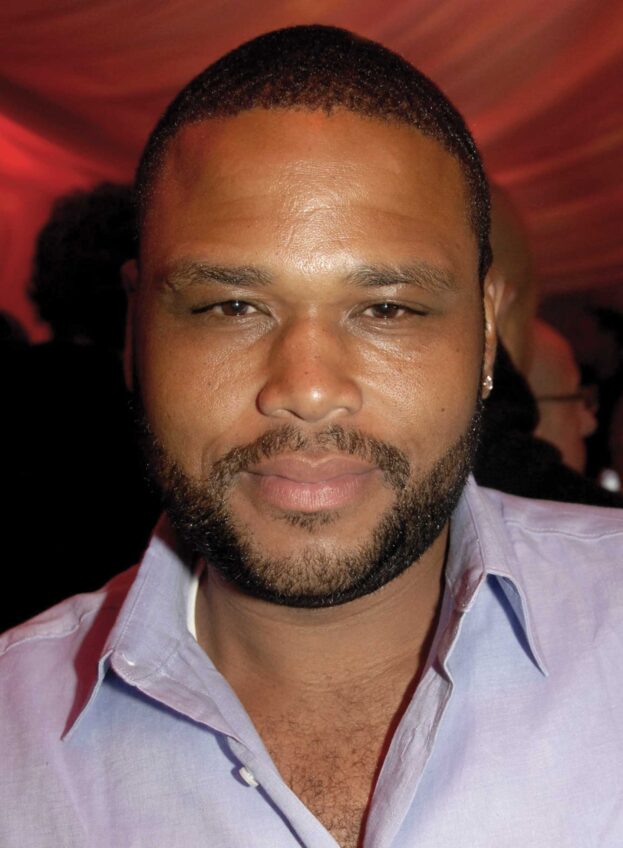
When was the last time you looked at your bank account balance? According to a recent study, over 60 percent of Americans check their balance at least once week. This is a habit, if practiced the right way, can you put on the path to achieving your financial goals.
Whether you’re looking to becoming financially independent, planning for a long awaited vacation, or saving for a down payment to buy your first home, April is Financial Literacy Month and we want you to be aware of some of the tools and skills right now to help make your financial journey as smooth as possible.
But let’s talk about the basics first. Managing your money can be overwhelming but it doesn’t need to be. Understanding things like budgeting, saving, paying your bills, and even building your credit score are skills that can help you at any stage of your life. Even in these difficult times with the pandemic when so many of us are facing greater uncertainty around our finances and job security, it is these types of moments where understanding core financial skills can be the difference maker.
The past year has impacted families, friends, colleagues and our community. Since the start of the pandemic, 44% of Black Americans have said that either they or someone in their family has experienced a job or wage loss due to COVID. In these situations, especially, it is critical to know how to manage your finances to stay or get back on track.
If you’re unsure of where to begin, how to start making progress, or simply looking to refresh your knowledge, consider the following as you chart a successful path forward and take control of your financial future.
Advice and Tools
Our financial goals hub is a great place to start. Start by picking a goal — save, budget, or build credit — and explore advice, offerings and tools that more simply allow you to control your financial future. Our Grow Your Savings page, for example, offers an interactive calculator that maps out a timeline to reach savings goals and highlights how the Autosave tool can help you manage a regular savings schedule to stay on track and meet your goals. Other resources are also available, such as budget worksheets to monitor and track monthly spending, guidance on using the Credit Journey tool to build and protect credit, as well as background on low-cost checking accounts designed to provide access for anyone who has had trouble getting or keeping an account in the past.
Reserved Capital for Business Owners
Education, reliable support and resources are fundamental first steps to financial literacy, but equal access to capital is just as critical. With 41% of Black-owned businesses shuttering since this time last year, COVID-19 has only worsened the disparities and inequities that demand an intentional reprioritization of capital. Through our Entrepreneurs of Color Fund, we’re working to provide more access to capital to future entrepreneurs, existing business owners and communities who have historically and unfairly struggled to secure it. JPMorgan Chase also recently announced it is setting aside funds specifically for Black and Latinx business owners — stop into your local branch and talk with a Chase For Business representative to see if you qualify.
Equitable Home Lending
Home equity is also a major contributor to families’ wealth, making it imperative that we increase property ownership among Black communities. One way we hope to do this is through our Chase DreaMaker mortgage, which makes applying for your first mortgage or refinancing a current one more attainable with a smaller down payment, and by offering reduced mortgage insurance, more flexibility around your credit score, potential assistance grants and homebuyer education courses.
Local Advocates
In Boston we’ve also hired a community manager — a new role created by the bank — who will work with the community and small businesses to increase awareness of available resources, and help connect you with financial health tools, products and services. Look for more free interactive programs on topics such as budget building, home buying tips, interview and job search skills, how to fund a small business, and others coming soon.
Community Centers
Look for our new Community Center Branch in Mattapan, which provides financial health workshops, skills training, small business pop-ups and more. Unlike traditional branches, these localized hubs are designed specifically for the community and with the intent to close gaps in access to financial education, resources and access to capital for reaching milestones like buying a house, starting a small business or paying for education.
No matter where you are financially, budgeting and saving are two key habits that can help all of us bounce back from life’s unexpected moments or keep on track to ensure you meet your goals. That is why we are here to help everyone have open conversations about what it means to become financially healthy and provide support, tools and advice to get there. Financial health is a journey, and we can help you think about a plan for now and the future.
For more resources, information and access to tools that can help you achieve your financial goals and milestones, visit chase.com/personal/financial-goals






